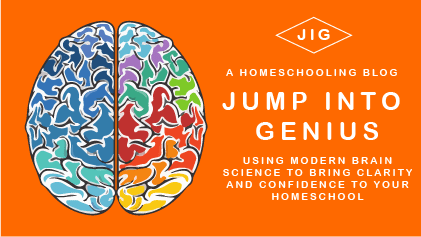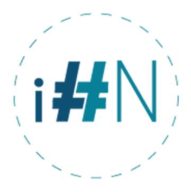There has been a movement in modern education against memory. An idea that memorizing facts is entirely irrelevant and not necessary to a complete education. We are told it is more important to practice problem-solving and creativity than it is to memorize…anything. The idea that memorizing is not an essential part of education is relatively new. Throughout history, memory was exactly how you owned knowledge. You could not just go to a library when you forgot something, or fact check on your phone. Some argue that because we do have the resources for fact-checking today, remembering things is no longer important. But is that idea true? Do we want to put all our trust in Google?
Can a child learn how to read if they cannot remember the sound that each letter of the alphabet makes? Can you learn how to play a song if you cannot remember what notes to play, in what order, and for how long? Even reading music requires the memorization of what the symbols mean and how your fingers should react when they see those symbols. How much more does a child struggle with long division when they have not memorized the multiplication facts? Without memory, we do not learn.
Why has memory gotten such a bad rap? Why do we sometimes feel compelled to say,“Don’t worry, you don’t need to remember all of this.”? And if our kids don’t need to remember what they are learning, why are we teaching it in the first place?
Many of these questions can be answered by pulling apart the different types of memory our brain is able to engage in. I believe the overuse of rote memory is the reason why there has been a backlash against memorizing information. Rote memory is based upon repetition and nothing else. No context or connections, or relevancy. Just say it over and over again until you remember.
This is the method used so often when students need to know information for a test. They just read it, say it, write it, as many times as needed until they are sure they will know it tomorrow morning. The bad side of rote memory is that it is not permanent, that same information will be unavailable a short time later, perhaps a week, month, or year.
Why? Because we have not given it a permanent spot to reside in our brain. Our brain is all about connections. When we do not add more depth to our attempts at learning, our brain never figures out how to connect with the information that is already up there, and therefore it never really figures out where to store it.
There is a better way to memorize. It is not wrong to use repetition as a way to memorize information. But we need to do more than just repetition. We need to present information in a connected way, and our students need to be able to relate it somehow to information they have already learned. We need to create context and patterns, and information will be able to move easily from short-term to long-term memory. Later, a review can strengthen these connections and ensure that the information has found a permanent place in the learner’s brain. Keeping all this in mind, memorization of facts can proceed much faster, more thoroughly, and with a deeper meaning and usefulness.
A long time ago children did amazing things, such as memorizing the entire Iliad and Odyssey by heart. Today we have trouble getting our kids to remember who the second president of the United States was, or which states surround them. There is no longer an emphasis put on memorizing any information.
Perhaps the world has moved on in many ways since ancient times, but perhaps there is still wisdom in some of those ancient practices that we should be learning from and leaning on today. When you memorize information it is even more accessible than your fingertips searching it up on your cell phone. It is right there inside you. When information lives inside you, it informs and shapes who you are.
When you know many things by heart and the Wi-Fi and electricity fail, do you still have many things to ponder and think upon? Or does the silence terrify you because there is nothing in your brain to reflect upon? It is great to have knowledge at our fingertips, but even greater is to have knowledge inside of us. Of course, we cannot know and remember everything there is in the world to know, but we can choose those things that are most worth knowing, and study them in a meaningful way that includes remembering certain key ideas and facts.



4 Responses
Sometimes information does need to be memorized. For example, if you are in the hospital emergency room, do you want your doctor to have to stop to look up basic information?
[…] have any focus at all on memorization. For more about the logistics of memory you can check out What’s the Matter with Memory, Does Practice Make Your Kid Perfect?, and Exploring Intelligence: The Magic of […]
[…] to learn more about memory? Check out these posts: What’s the Matter with Memory, Why Johnny Can’t Think Like a Scientist Until He is One, Exploring Intelligence: The Magic […]
[…] love finding fun ways to study information that needs to be memorized. My kids love games. Board games, card games, and especially video games are always in use around […]